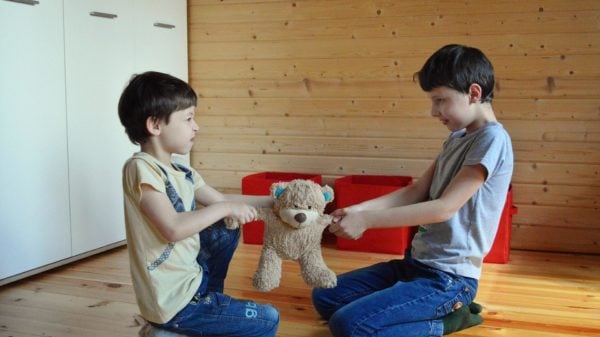When a person finds it hard to connect with other people, they are said to be emotionally detached. This detachment can be temporary, in response to a particularly extreme situation, or ongoing. We will try and tell you about the causes and after-effects of emotional detachment.
It can be caused in many ways, and the treatment differs depending upon the individuals’ symptoms and the situation. The initial step in the treatment process is the interview and assessment of the individual, where a medically trained professional will enquire about the patients’ thoughts, moods, behavior, and feelings. They will ask about any recent changes that have come about in their lives. A child’s treatment will typically involve other family members.
Common Causes Of Emotional Detachment in Children:
- The loss of a parent due to death or separation in early life.
- The experience of physical and/or emotional abuse.
- Going through traumatic experiences.
- Children who grow up in orphanages or have been neglected are often emotionally detached.
Other Conditions That Result in ‘Numbing’ or Detachment:
- Personality Disorders
- Bipolar Disorders
- Post-Traumatic Stress Disorder
- Major Depressive Disorder
The Signs of Emotional Detachment:
- They have difficulty in starting and maintaining personal relationships.
- They are unable to express emotions and share feelings.
- The individual lacks attention and seems preoccupied in the presence of other people.
- They try to avoid people, places, and activities that might remind them of past trauma.
- The individual finds it difficult to love and show affection to close family members.
- They do not give priority to people that should have priority.
- The individual stops doing activities that they used to love and enjoy.
Sometimes it is possible that the person deliberately detaches themselves from others. This is usually the case when the person finds it almost impossible to be open or honest about past experiences in their lives with their loved ones. Moreover, these people, could turn to drugs and alcohol for escape and release.
Emotions and feelings are an essential and vital part of being a human being. Some people may detach themselves to protect their own well-being. But others could experience emotional detachment unintentionally due to outside factors.
Emotionally detached people can feel isolated, sad, and dependent. They can become aggressive and even suicidal. If you yourself or someone you know shows the signs stated above, then they need professional help.
Mental health providers understand and are there to help you come out of your emotional detachment. These care providers teach and help you learn ways that will assist you in overcoming your past experiences, the trauma you may have suffered, and the anxieties you may be facing.































































